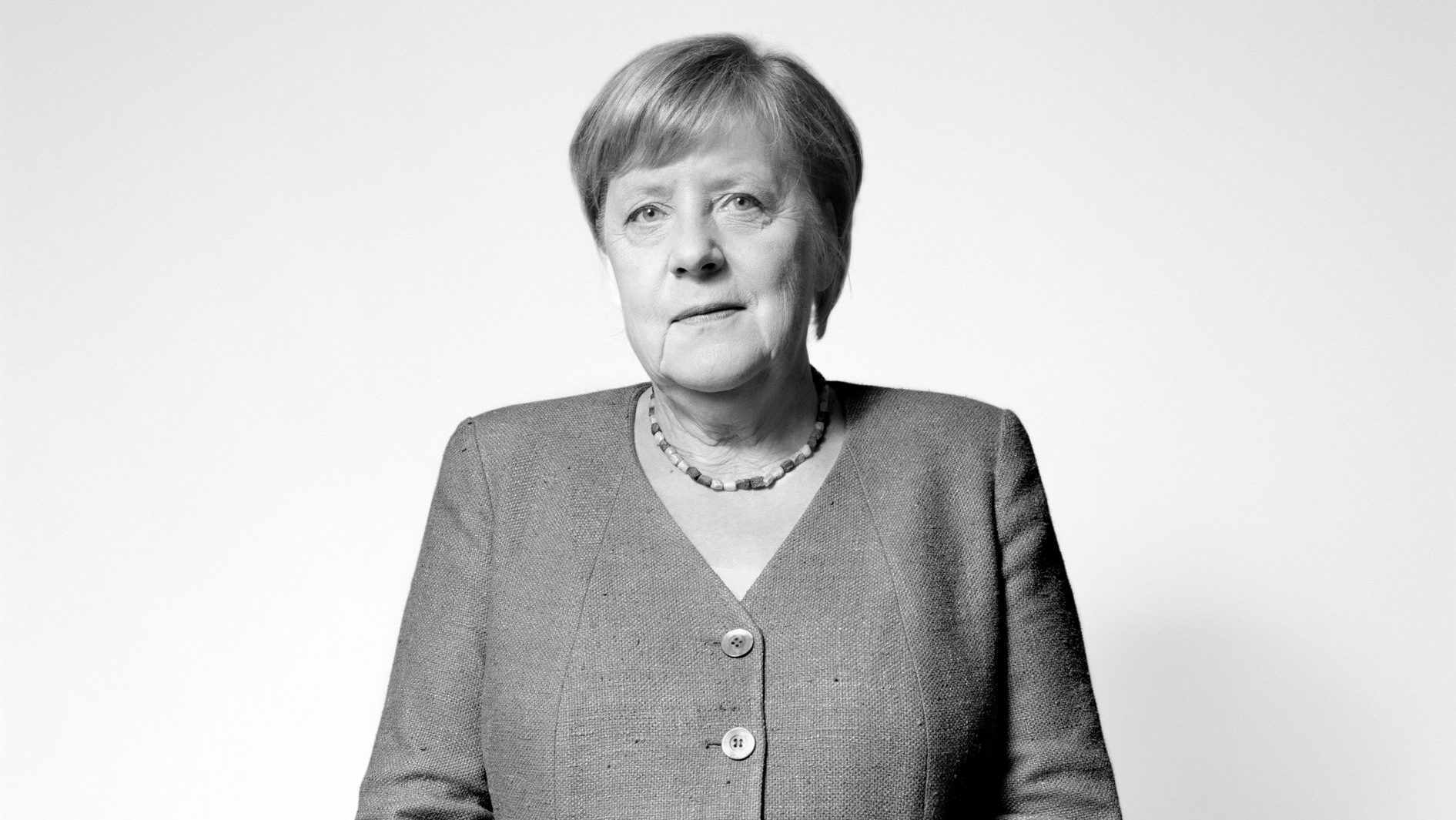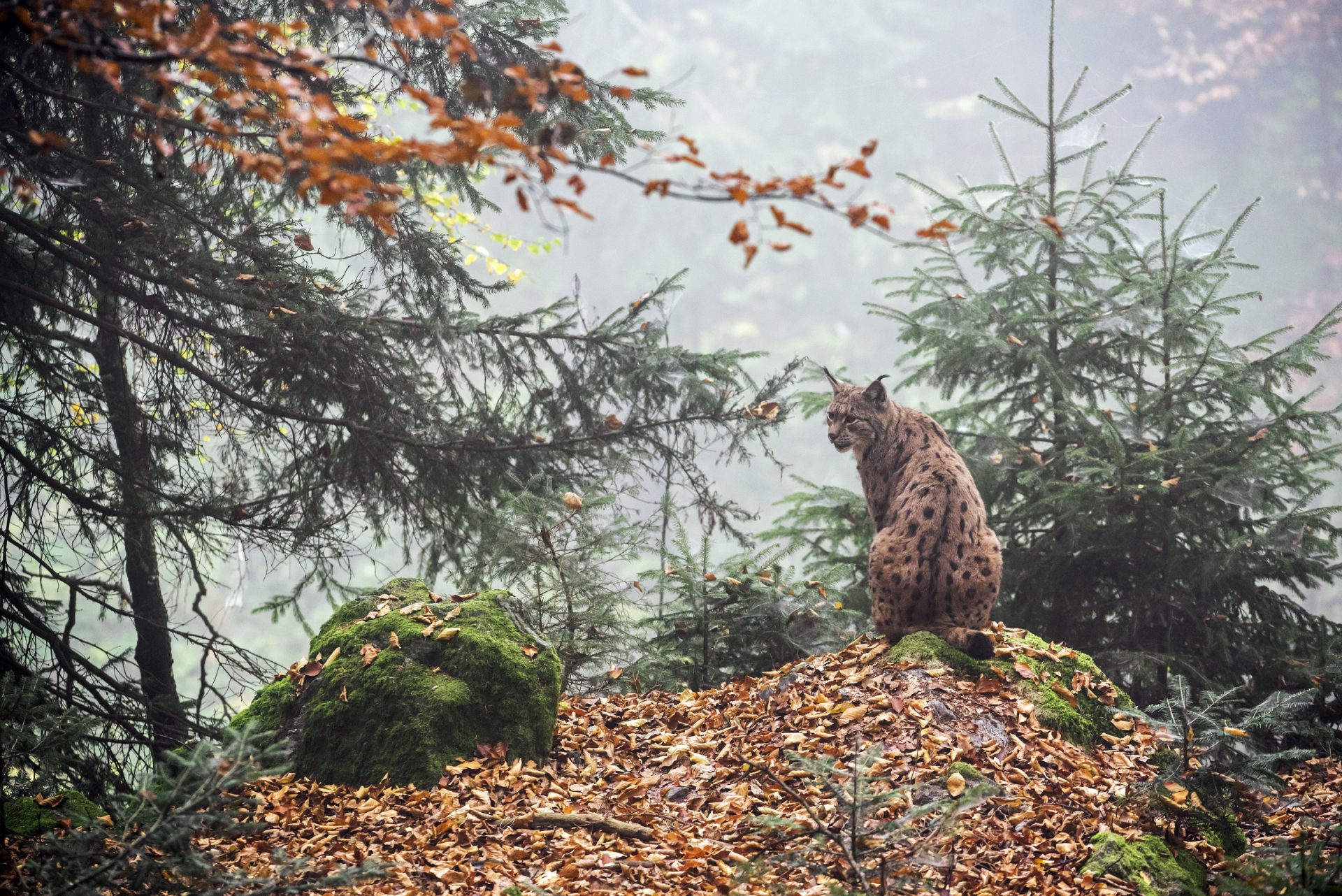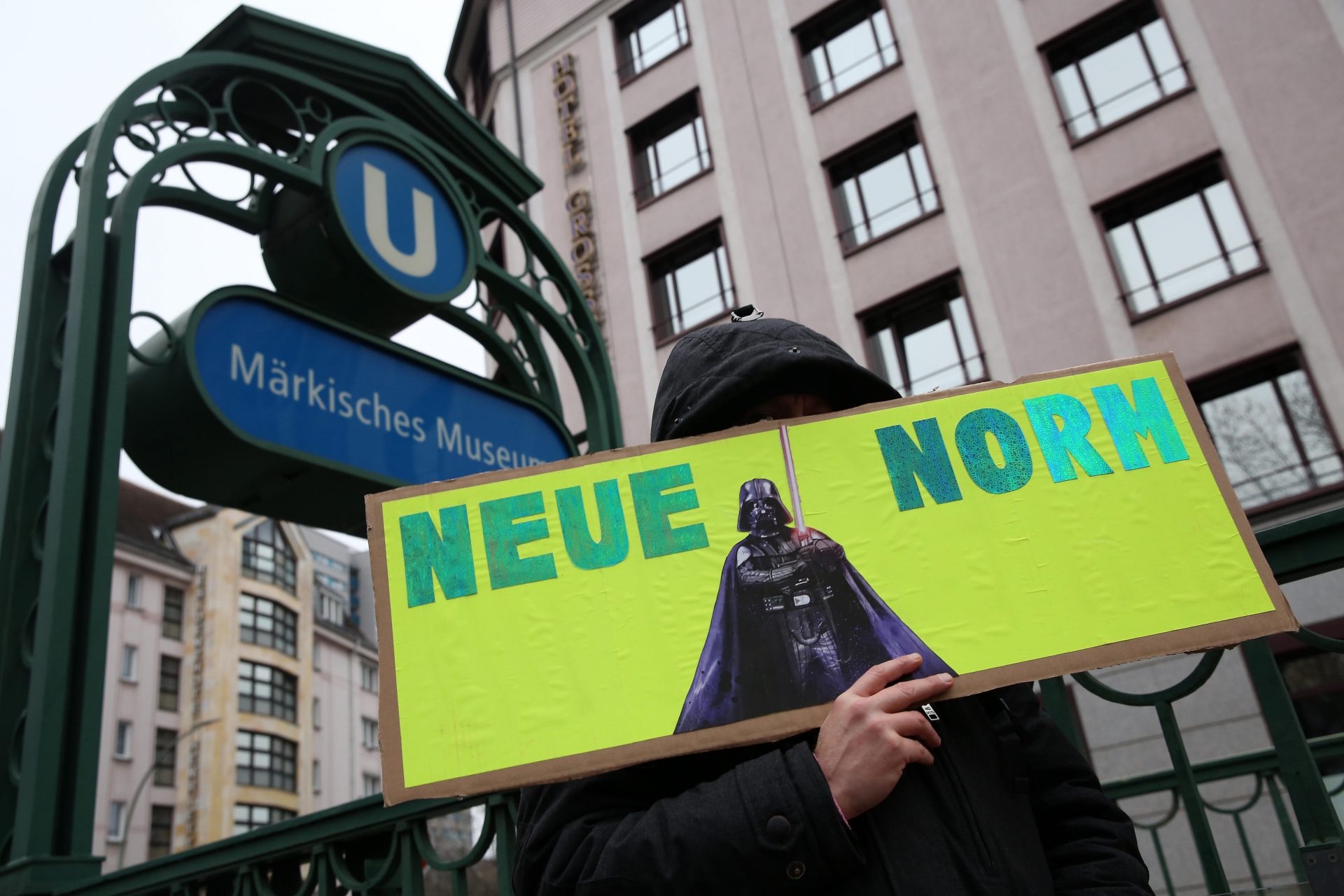Little pomp, less circumstance, but an impishness in the message. After 16 years as crisis-manager-in-chief, Angela Merkel bowed out with a song from her native land, Nina Hagen’s You Forgot the Colour Film.
It was said that by the time the GDR crumbled in1989, half the population knew the lyrics. Yet Merkel has worn her past lightly, so German commentators have been deliberating why she chose that anthem as one of the songs for her farewell military tattoo.
The most likely answer – beyond that it’s just a song she enjoys hearing – is that it’s a message to her successor as chancellor, Olaf Scholz: “It’s your turn; let’s see what you can do with this drab, difficult lot.”
One of Merkel’s abiding mantras was not to expect too much of people. She learnt that the hard way in the Communist East, where everyone suspected someone of snitching on them – and they usually were. She later let slip that she had expected more from voters in the West. Only a couple of weeks ago, her husband made clear his disdain for “lazy” unvaccinated Germans.
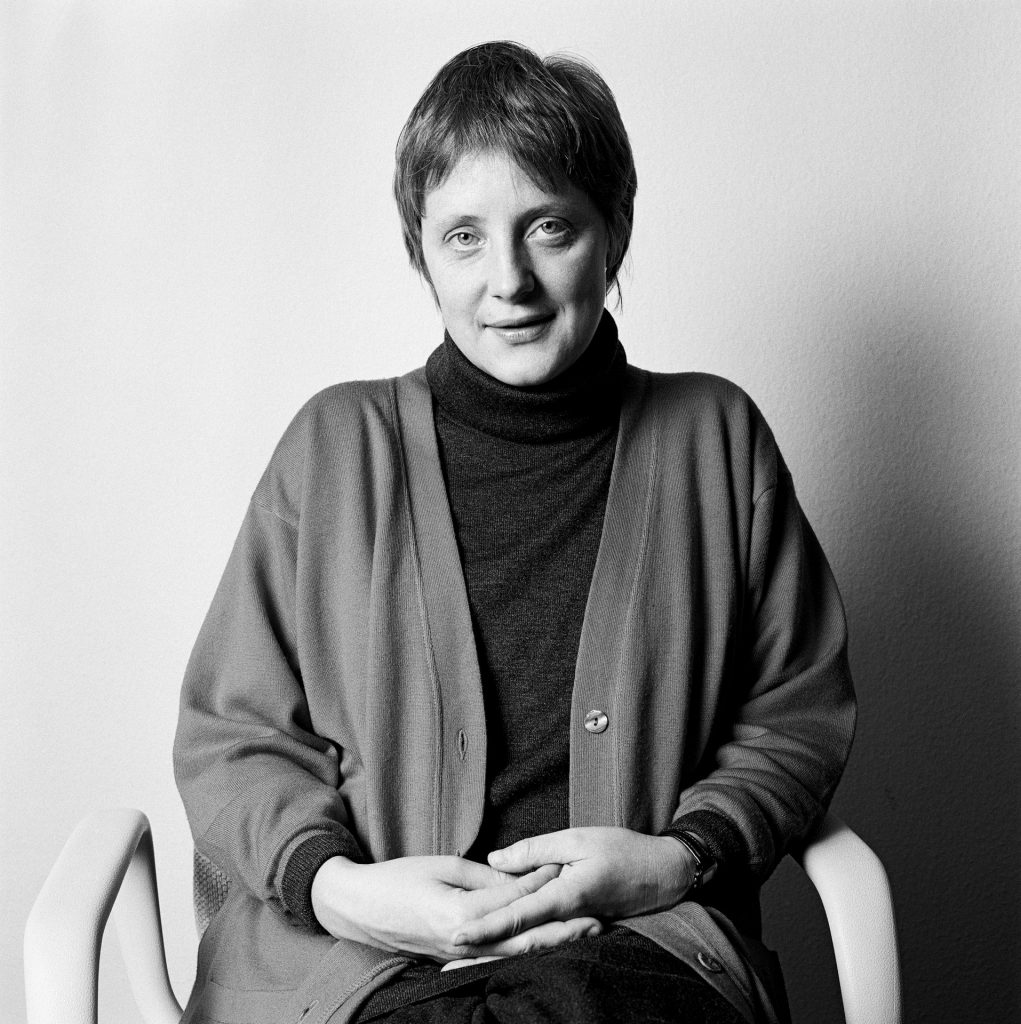
So, she just got on with the task at hand – dealing with Trump, Putin, and the pandemic, while ensuring she kept her opinions to herself.
Scholz won September’s election by trying to emulate Merkel, even though they come from opposing political traditions. He said little of note during the campaign, allowing the others to make mistakes.
Merkel could afford to be taciturn on the world stage because her years in office had given her a quiet authority. Scholz will not command a room, at least not to start with, but he has a certain steel in his eyes and should not be underestimated.
There are many reasons why the optimism that greeted the formation of the three-party ‘traffic light’ coalition was guarded. Within days the news was overtaken by Covid. Germany was struggling to deal with vaccine refuseniks as hospitals filled up, and that was before Omicron. All this is compounded by the national characteristic of anxiety.
The word of the moment is ‘modernisation’. With broadband speeds slower than Albania’s and big infrastructure projects the butt of jokes, Germany needs radical domestic reform. On that, the three disparate groupings can agree.
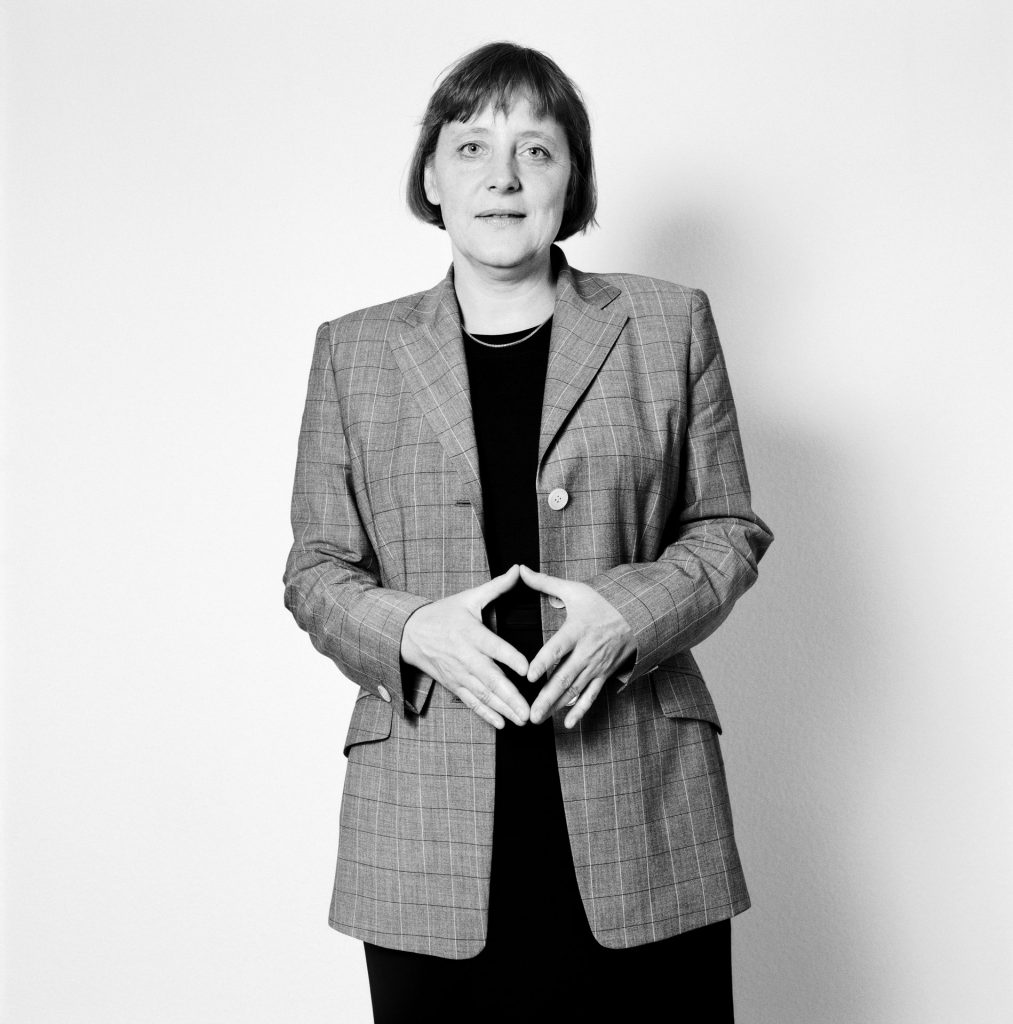
It sounds good in theory, but can they bring along with them a population that is chronically risk-averse? Even if the new government introduces a fraction of what is promised in the coalition agreement, the country is set to undergo significant change.
The opening up of dual citizenship is the centrepiece of a radical social reform agenda, alongside the legalisation of cannabis and greater trans and other minority rights. Votes for 16-year-olds is unlikely to get through because constitutional measures such as this require two-thirds of the votes in both houses of parliament.
It will help, though, in defining the Christian Democrats (CDU), Merkel’s party, as the old people’s party, as they and the far-right AfD will almost certainly oppose it.
It took just shy of two months to hammer out the coalition deal, a testament to the deliberative nature of German politics. All sides had to compromise to get it through, but recriminations are already surfacing among the Greens. The more radical wing, the Fundis, accuse the party’s leaders, Robert Habeck and Annalena Baerbock, of watering down climate pledges and of stitching up ministerial appointments for the moderate wing.
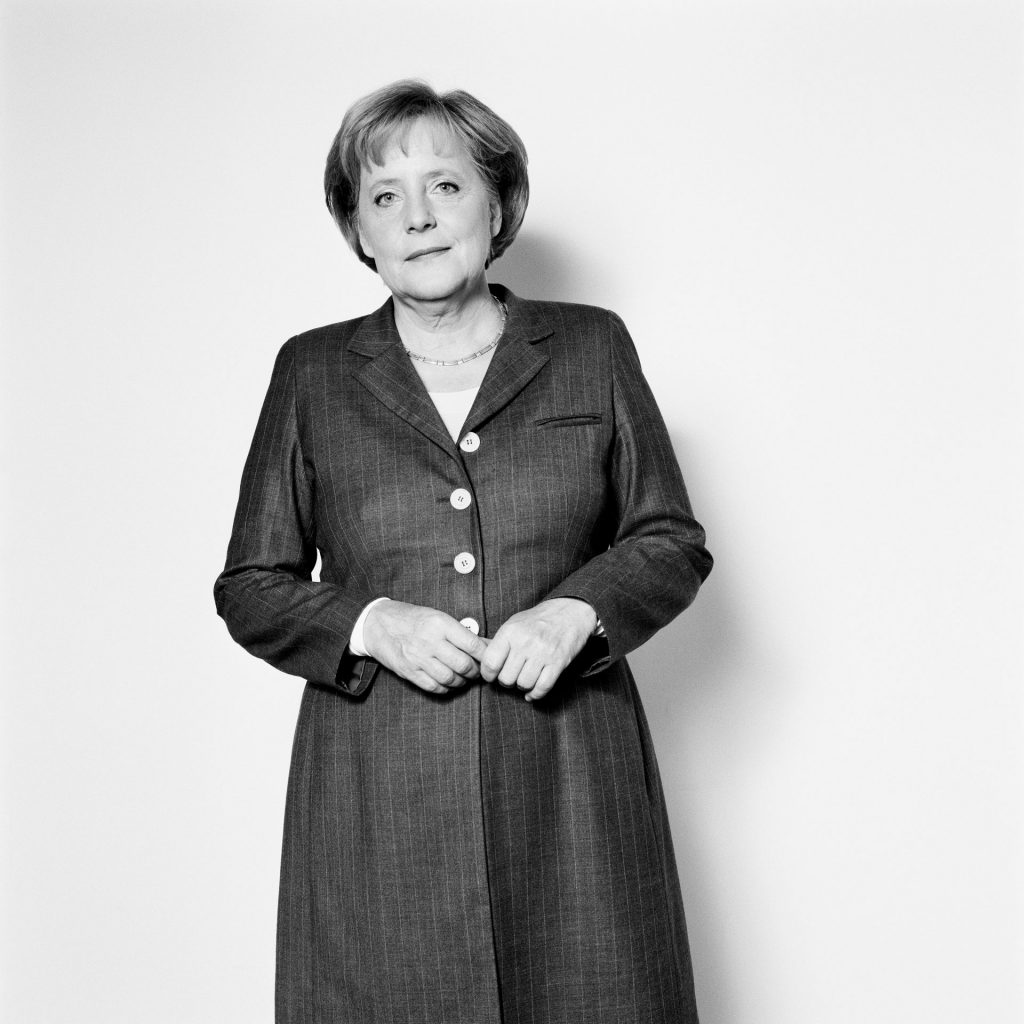
A commitment to keep Germany on the “path to 1.5 degrees” is threaded throughout. It’s accompanied by a pledge to bring forward the coal phase-out by eight years to 2030, but this is little more than aspiration. More significant is a planned increase in the share of renewables in Germany’s electricity mix to 80% by the same time.
The biggest battle will be on spending. The incoming administration has reaffirmed its commitment to the “debt brake”, which limits deficit spending and is now enshrined in the constitution. The liberal Free Democrats (FDP), insisted on the finance ministry for its leader, Christian Lindner.
During the election campaign, he made a big play of the FDP being the only party of low taxation – which happens to be true.
The trouble is the government has also pledged to overhaul the country’s ailing infrastructure, to increase the minimum wage, to keep social security payments at their present generous level, reform pensions and increase spending on green energy. Borrowing will take place on the sly, with a raft of complex tools to get around the austerity rule, including beefing up the state development bank, extending debt repayments and tweaking the calculation of Germany’s structural budget deficit.
So far, the FDP and the Greens have been making all the noise. The government’s biggest characters are likely to be Lindner, Habeck (taking on a new expanded economics and climate change ministry) alongside Baerbock, the foreign minister.
On the international stage, will Merkelism outlast Merkel? She gave Germany a moral compass just by being who she is, the antidote to Trump and Johnson, the boor and the clown. Occasionally, she stood up to Putin and Xi Jinping, only to default to caution.
Early signs are that the coalition will be different. The agreement hints at a tougher approach to Russia and China, putting human rights at the heart of policy.
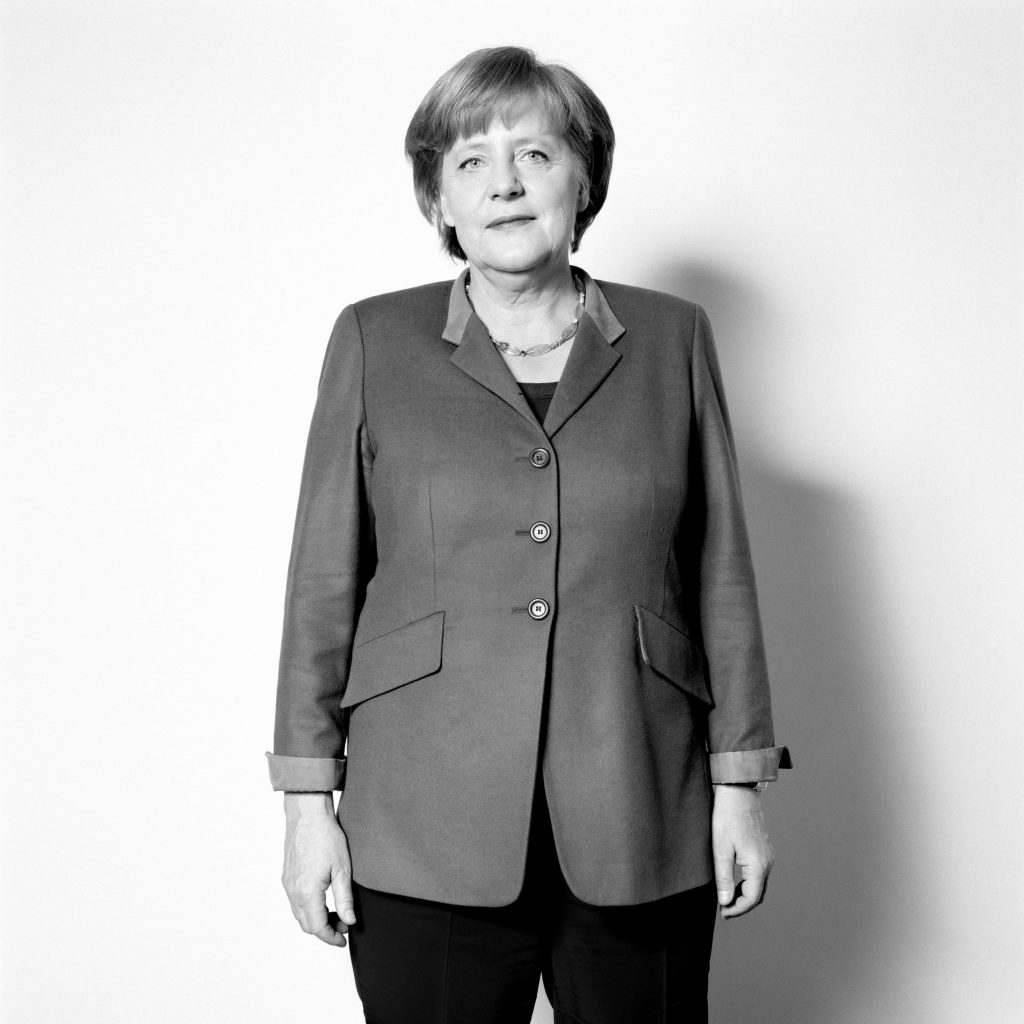
Baerbock has made clear that she will not be a soft touch. One-time pacifists, the Greens are the new hawks. Will Scholz take that line? His SPD has historically been cool on the transatlantic relationship and somewhat credulous towards Beijing and Moscow. First up will be Joe Biden and his global Summit for Democracy, Scholz’s debut on the world – albeit digital – stage.
These first interactions will be eagerly watched. Yet, for all the professions of change, the incoming chancellor’s top priority in coming weeks and months will be the pandemic. If, as looks increasingly likely, he starts taking tougher measures, he’ll encounter protests from those same difficult citizens who so disappointed Merkel. Will he and his ministers have the courage?
Angela Merkel Portraits 1991–2021, by Herlinde Koelbl, is published by Taschen, £50. Available at taschen.com


